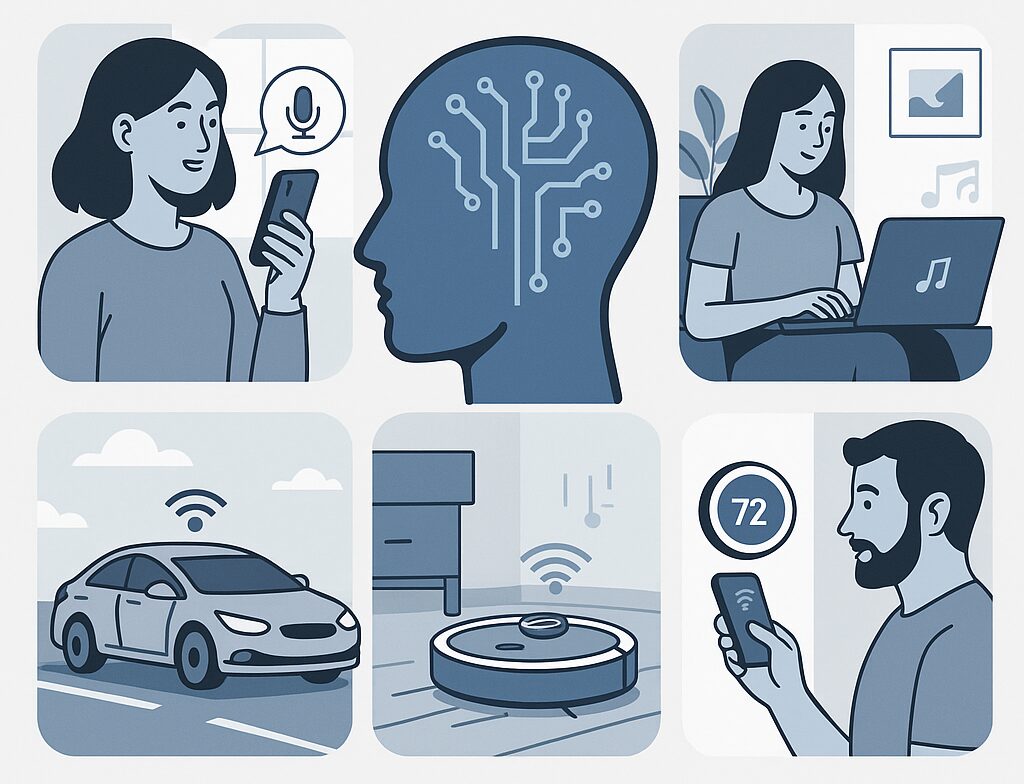How AI Is Reshaping Everyday Technology

Artificial Intelligence (AI) is no longer confined to research labs or science fiction; it’s become an integral part of the technology we interact with daily. From how we communicate and travel, to how we shop and manage our homes, AI is quietly—and profoundly—reshaping everyday life.
At the heart of this transformation is the ability of AI to learn, adapt, and automate complex tasks. Smartphones, for example, have evolved from simple communication tools into intelligent companions. Voice assistants like Siri and Google Assistant use natural language processing to interpret and respond to spoken commands, schedule appointments, answer questions, and even control other smart devices. Behind the scenes, AI algorithms continually learn from user interactions to improve their responses over time.
In the realm of entertainment and media, AI plays a pivotal role in curating personalized experiences. Streaming platforms such as Netflix and Spotify leverage AI to analyze viewing and listening habits, then serve up recommendations that closely align with individual preferences. This personalization extends to social media feeds, where algorithms determine which content is most likely to engage users based on past behavior, often shaping the way people consume news and interact online.
Retail and e-commerce have also been significantly impacted. Online stores use AI-powered recommendation engines to suggest products, optimize search results, and forecast demand. Chatbots, capable of handling a wide range of customer service inquiries, now replace or augment human support, making online shopping more efficient and available 24/7.
Transportation is undergoing a quiet revolution thanks to AI as well. Navigation apps like Waze and Google Maps rely on AI to interpret traffic data in real time, rerouting drivers to avoid congestion. Autonomous vehicle technology, while still developing, uses a complex blend of AI models to interpret surroundings, make decisions, and drive safely without human input.
Even inside the home, AI is increasingly present. Smart thermostats like Nest learn from your habits to adjust the temperature automatically, saving energy and increasing comfort. Robotic vacuum cleaners map floorplans and optimize cleaning paths using AI. Security systems with facial recognition can differentiate between family members, pets, and potential intruders.
Healthcare is another domain witnessing rapid integration of AI into everyday use. Wearable fitness trackers monitor vital signs and physical activity, often alerting users to potential health issues before they become serious. AI-assisted diagnostic tools are improving early detection of diseases and streamlining workflows in hospitals and clinics.
The cumulative effect of these advancements is a more connected, intelligent, and responsive world. AI is no longer a distant concept—it’s embedded in the tools and services we rely on, often invisibly enhancing functionality and convenience. As the technology continues to advance, its role in everyday life is expected to deepen, bringing even greater changes to the way we live, work, and interact with the world around us.

